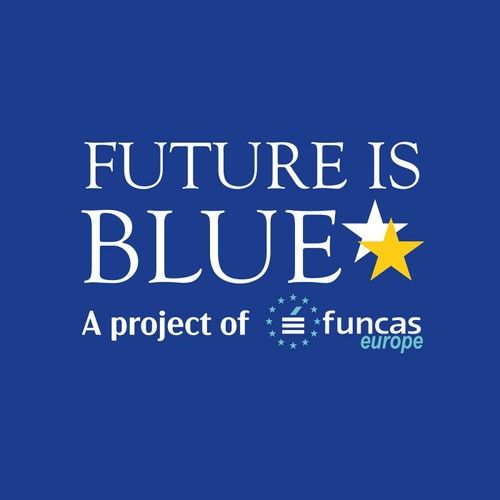
 Future is Blue
Future is Blue Europe's post-election economic landscape: key issues and strategic directions
Jul 16, 2024
Sander Tordoir, Chief Economist at the Centre for European Reform, and Raymond Torres, Director of Funcas Europe, discuss Europe's post-election economic scene. They dive into the rise of populist parties and its impact on policies like the Green Deal. The two experts highlight the urgent need for increased investment and market integration to address productivity challenges in major economies. They also tackle digital transformation, stressing the necessity for a unified approach to boost competitiveness against global players. A roadmap for sustainable growth emerges!
Chapters
Transcript
Episode notes

